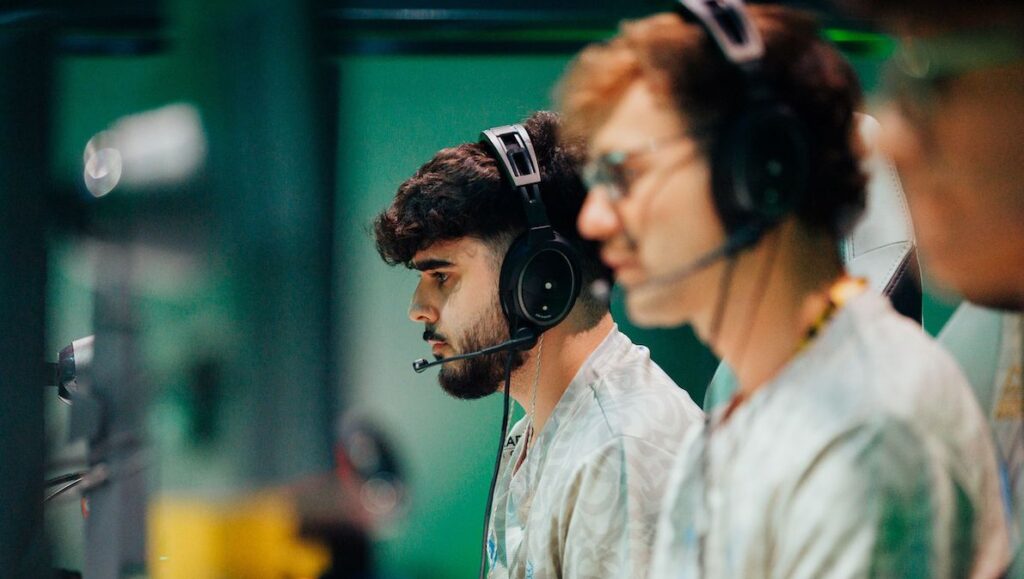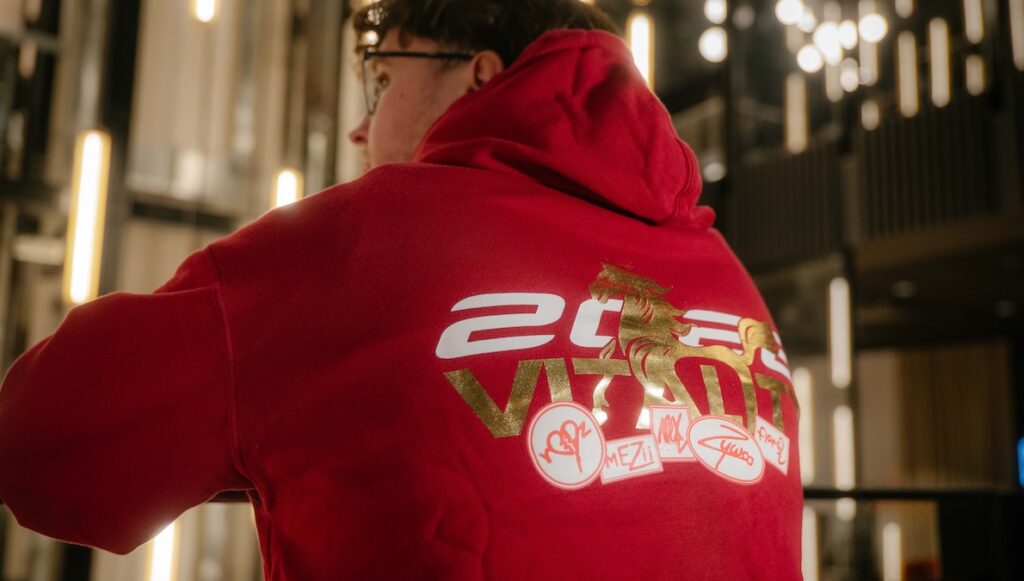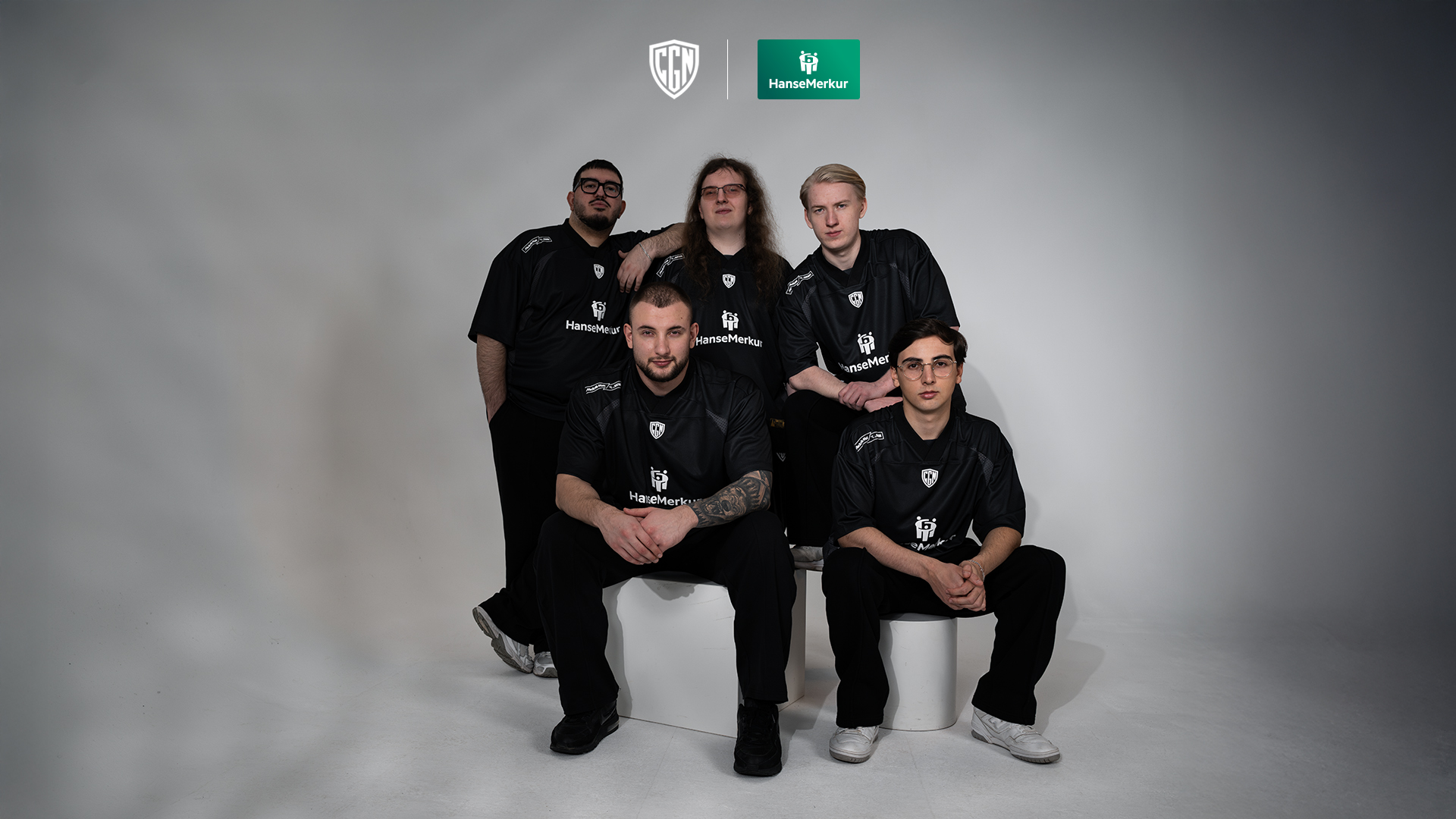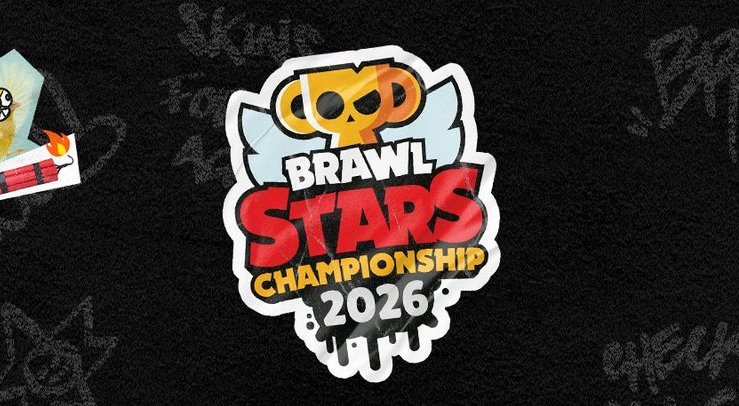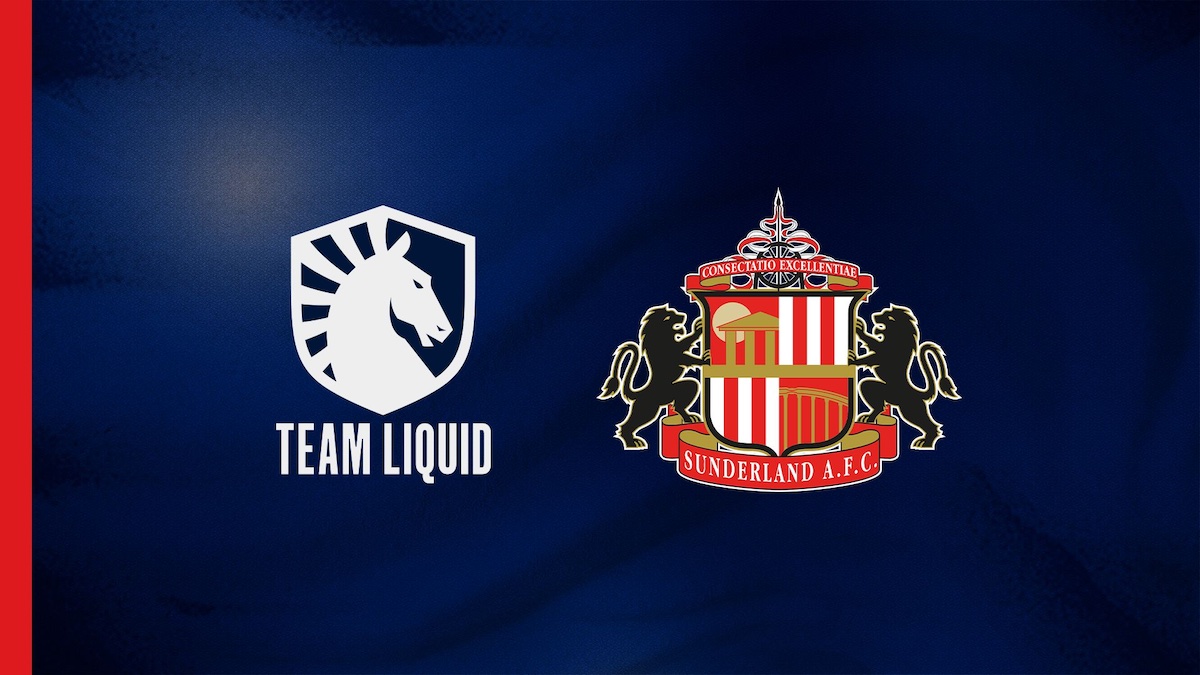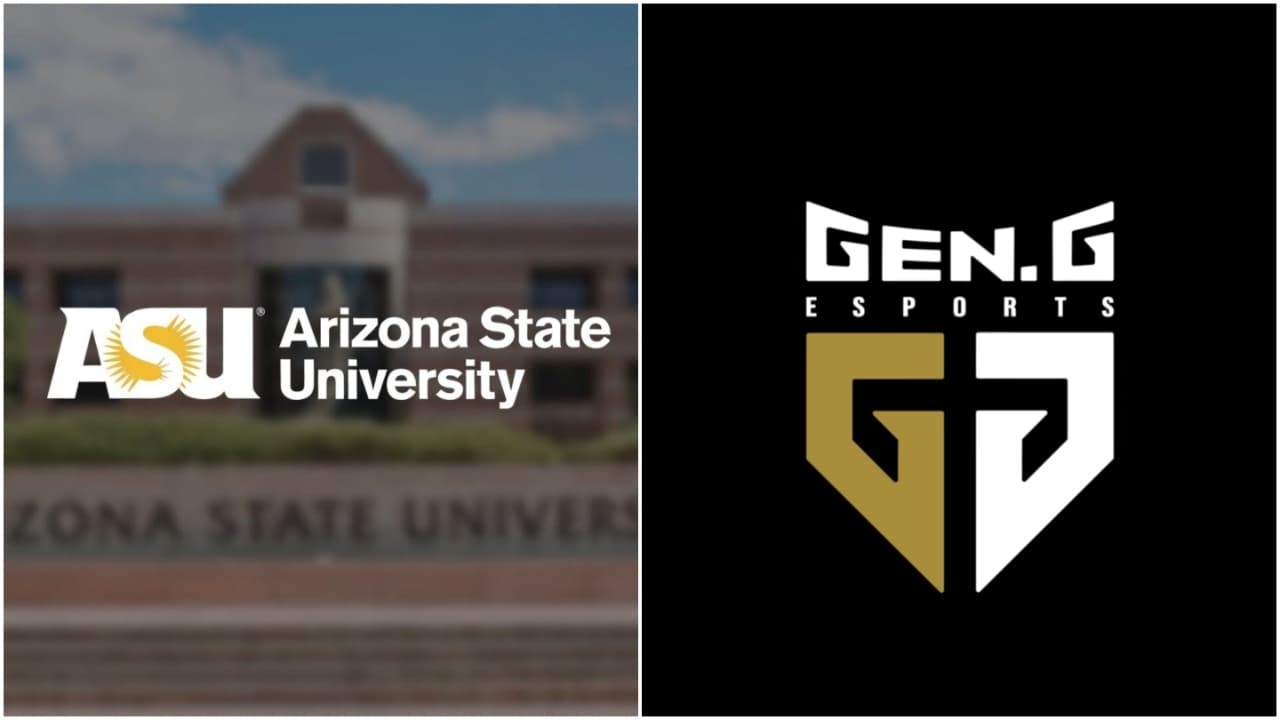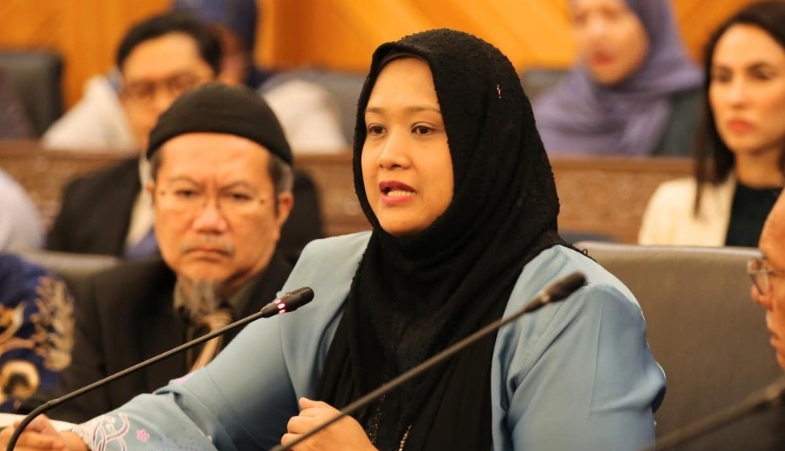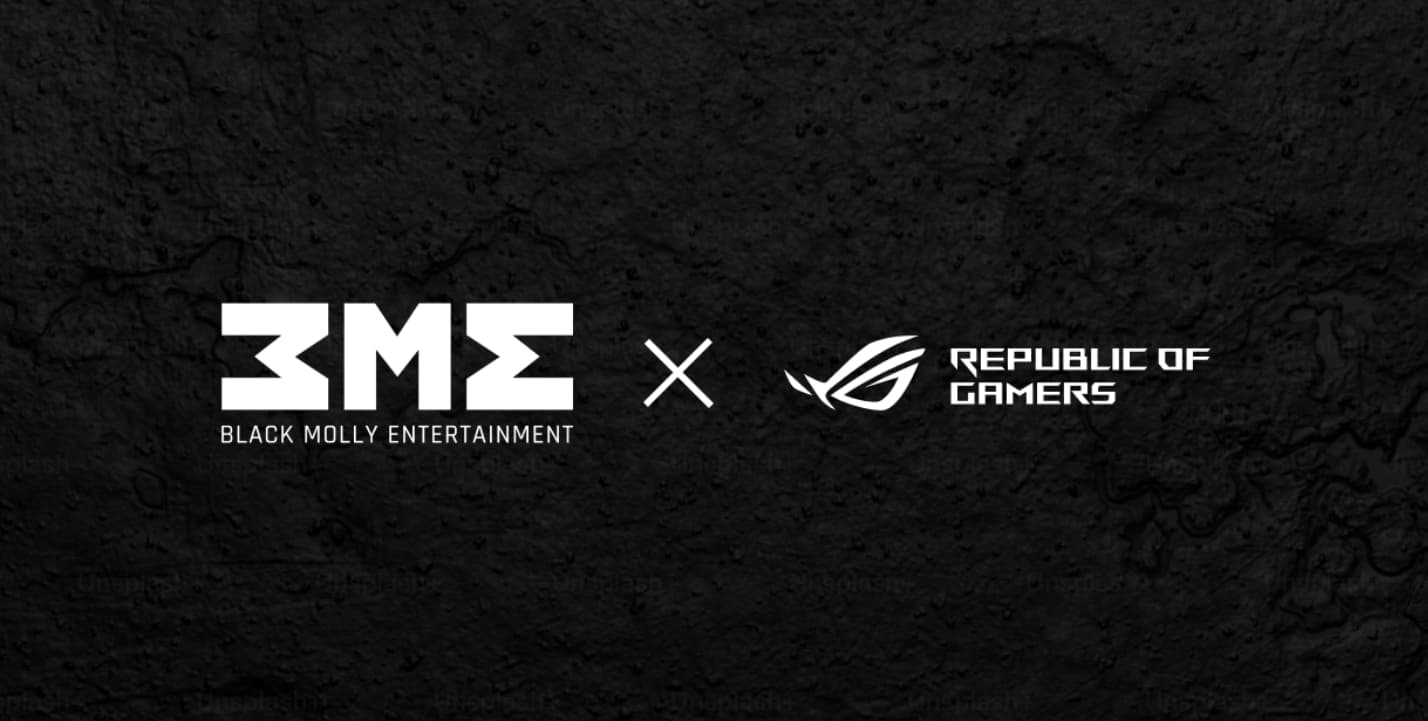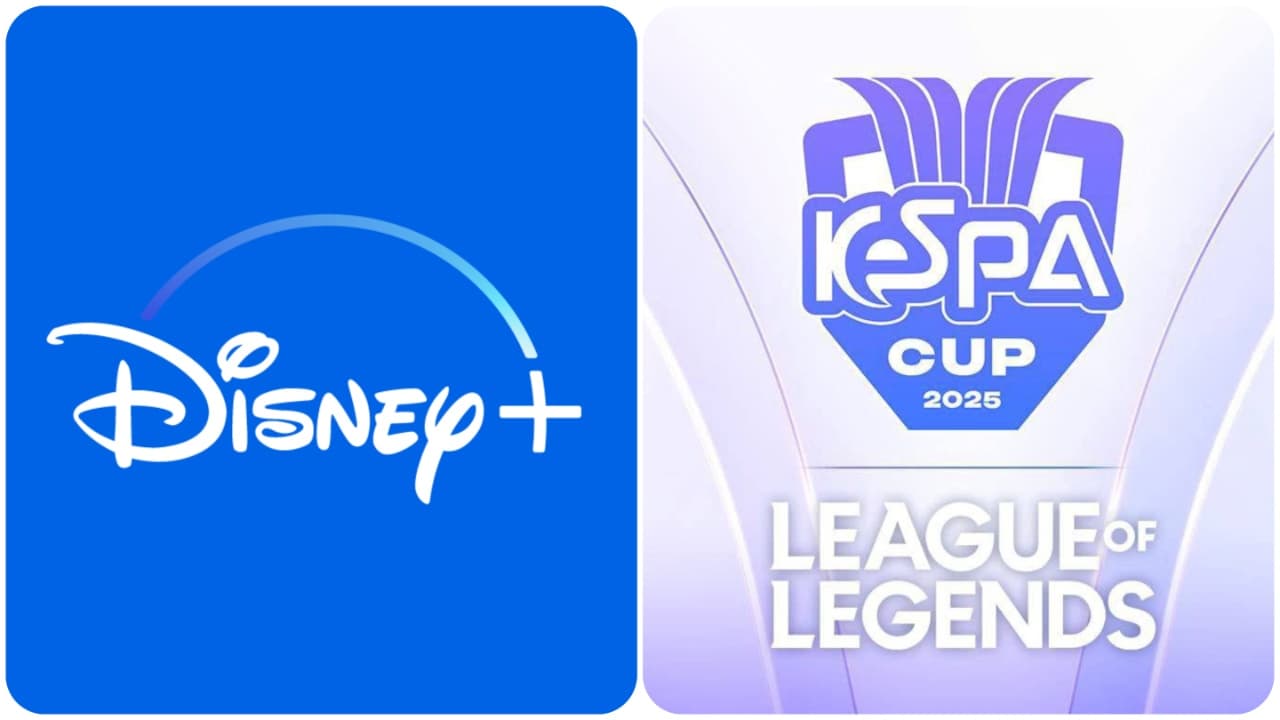I have dual citizenship. The one I define myself with is Brazilian—I was born and raised in Brazil, and my roots are Brazilian. The other, my surname gives it away, is Italian. That should mean double the fun when it comes to sports, right? When Brazil plays Italy, I cheer for Brazil. When Italy plays anyone else, I stand firmly by Italy. I should be thrilled to have two countries to root for.
Except, lately, that hasn’t been the case: Italy missed the last two FIFA World Cups. And in esports? Let’s just say the Italian presence has been… underwhelming. Meanwhile, German, French, and Spanish teams are strutting across global stages like they own the place. Mkers and Qlash gave me a flicker of hope around 2022, but Mkers, for example, announced a restructuring earlier this year and then basically vanished from headlines, much like Qlash before them. It’s like waiting for Italy to show up at a party, and then realising they took the wrong bus.
So imagine my surprise—and genuine delight—when I heard that NOVO Esports, a young Italian esports organisation based in Milan, had signed a deal with the Saudi Tourism Authority. My curiosity was piqued. A quick check of their LinkedIn confirmed what I hoped: a post written in Italian. Here was an organisation proudly Italian, making international headlines.
NOVO didn’t stop there. They partnered with Radisson Hotels and kept appearing in coverage for bold, creative moves that connected gaming to real-world experiences, such as the launch of a Fortnite map promoting Friuli Venezia Giulia. At The Esports Radar’s padel tournament ahead of the New Global Sport Conference in Riyadh, Saudi Arabia, I finally had the chance to meet Emanuele Acerbis, NOVO’s CEO.
I hadn’t planned to dive deep into Italian esports while in Riyadh, but curiosity is my job—and my joy. Acerbis agreed to share the story of NOVO’s birth, approaching the broader Italian esports landscape, and the challenges and opportunities of building an Italian organisation that competes internationally.
Why Italian esports has lagged
“Many Italian organisations have historically focused only on the domestic market,” Acerbis explained. “Since the market is smaller, and international investment limited, these organisations stayed local. Some only focus on one title, which makes them less visible abroad. Meanwhile, organisations in France, Germany, and Spain are active across multiple titles and constantly make headlines.”
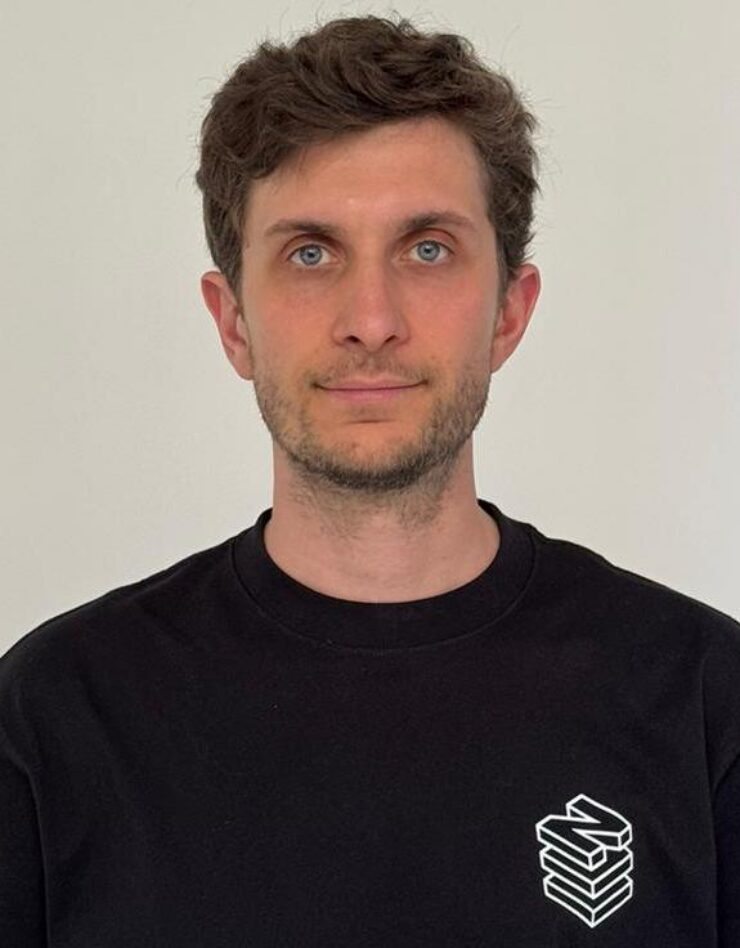
Italy does have talent and fans, Acerbis emphasised—7.3 million fans follow esports in Italy according to a report by the Italian Interactive Digital Entertainment Association (IIDEA) with Deloitte. But the ecosystem has lacked large organizations for fans to rally behind. “It’s like football without Juventus, AC Milan, or Inter: fans exist, but there’s nothing for them to cheer for,” he said.
He also cited regulation and culture as obstacles. Esports events are often treated like gambling under Italian law, making it difficult to organize tournaments. Video games are still seen by some as harmful to youth, and startup investment in Italy is limited compared to France or Germany.
Despite these hurdles, Acerbis sees optimism. NOVO is working with IIDEA and the government to create clearer esports laws. They’ve launched school programs bringing esports into extracurricular activities—teaching teamwork, socialisation, and responsible gaming. “Students socialise instead of playing alone, they strengthen friendships, and they learn to play in teams. Video games are tools—they can be used well or poorly,” he explained.
NOVO’s vision and strategy
Founded in February 2023, NOVO set out with a clear vision: to represent Italian fans internationally across multiple esports titles. “If you’re a fan of Warzone, EA FC, or Brawl Stars, you can cheer for NOVO. Fans don’t need to switch teams depending on the game—they have one organization to follow internationally,” Acerbis said.
This vision has guided NOVO’s rapid growth. In just over two years, they’ve established seven teams across six titles, including male and female VALORANT, Rocket League, Pokémon VGC (Scarlet and Violet on Nintendo Switch), Call of Duty: Warzone, EA FC, and Brawl Stars. Their marketing and commercial strategy has been just as important as their competitive focus, ensuring teams get visibility and fans have content to engage with.
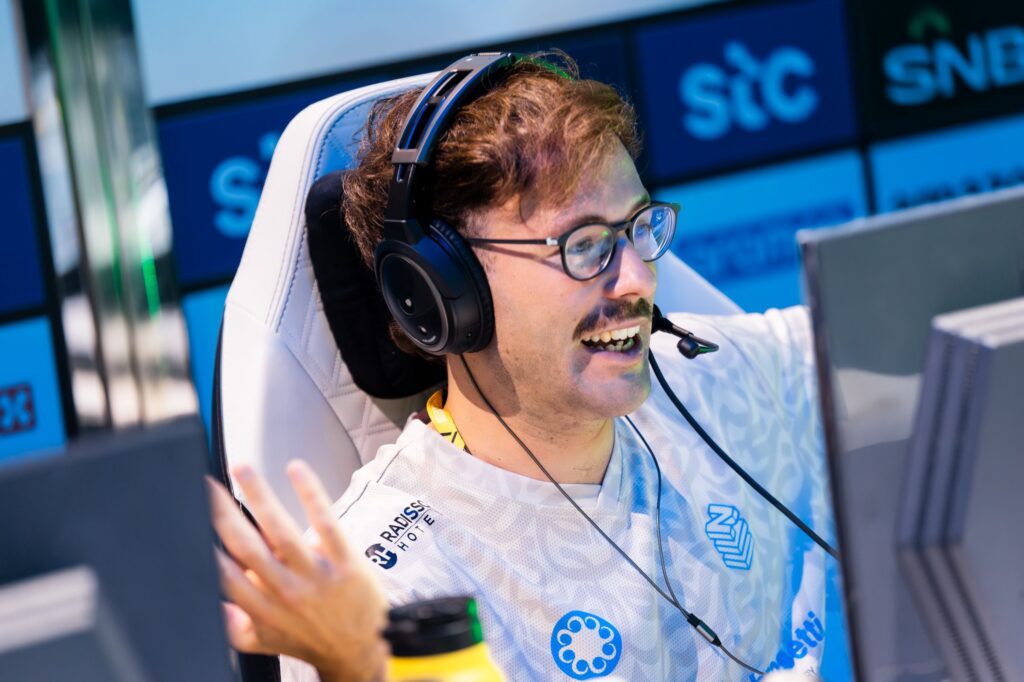
“The first few years, you need to do a lot of things, try different bets,” Acerbis said. “Some will fail, some will work, but the ones that work open major opportunities. For example, we didn’t plan to have a Warzone or Brawl Stars team initially. It was a calculated bet, and it paid off. Now we’re on the Esports World Cup stages, and doors have opened.”
Partnerships, brand deals, and marketing
Global stages like the Esports World Cup have been crucial for NOVO, offering visibility and opportunities for creative partnerships. Their collaboration with the Saudi Tourism Authority grew from Acerbis attending a tourism fair in Milan, pitching gaming as a tool to promote destinations innovatively. Similarly, their deal with Radisson Hotels included creating content around hospitality during competitions.
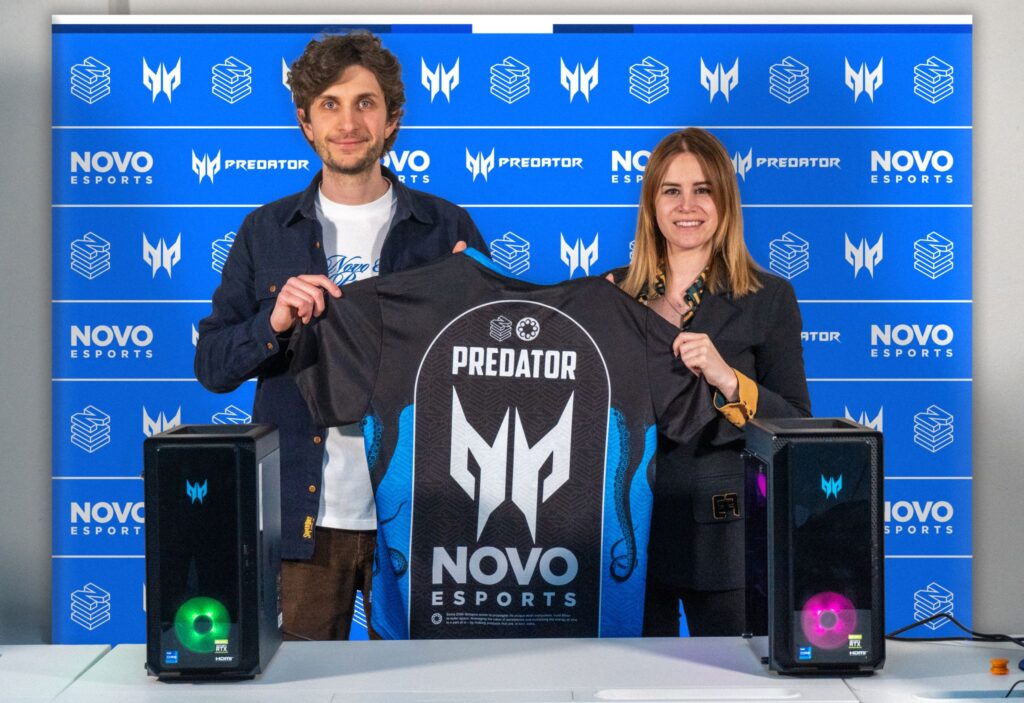
Other sponsors include Acer Predator (hardware), Mirmex Store (trading card games), and Octopus (fashion, creating jerseys with signature designs). Merchandise—like limited edition jerseys and apparel—also generates revenue, complementing brand deals and prize pools.
Acerbis highlighted that brand partnerships aren’t just about sponsorships—they often include consulting and activation work for gaming audiences, such as creating tournaments, custom maps, and content campaigns. “Our expertise in esports allows us to help brands reach Gen Z in ways they can’t do on their own,” he said.
Talent, growth, and the future of Italian esports
Italy has plenty of gaming talent. NOVO has discovered top players in Pokémon VGC, Brawl Stars, Warzone, and more. The issue, Acerbis said, has been the lack of large organizations offering international exposure. Competitions like the Esports Nations Cup and the Esports World Cup provide Italian players with a global stage to prove themselves, while giving local organisations the opportunity to demonstrate their strength and capabilities.
Italian football clubs are also paying attention. Internazionale Milano (Inter) partnered with Mkers last year, and Como 1907 recently appointed former Juventus professional Andrea Previati as Strategic Revenue Manager for Sport & Esports. NOVO itself collaborated with SSC Napoli in the past.
Acerbis’s advice for the Italian scene is clear: grow the ecosystem. “A bigger industry benefits everyone. We want more teams, more investment, more visibility. If the industry grows, everyone’s share grows too,” he said.
For Italian fans, NOVO Esports can represent a lot and be regarded as more than just a team. It has the opportunity of becoming a symbol that Italian esports can compete internationally, creatively, and professionally. It’s a reminder that maybe, just maybe, I finally have an Italian team I can cheer for in the international esports scene. If they keep this up, I might even forgive Italy for missing the last two FIFA World Cups.



